Share
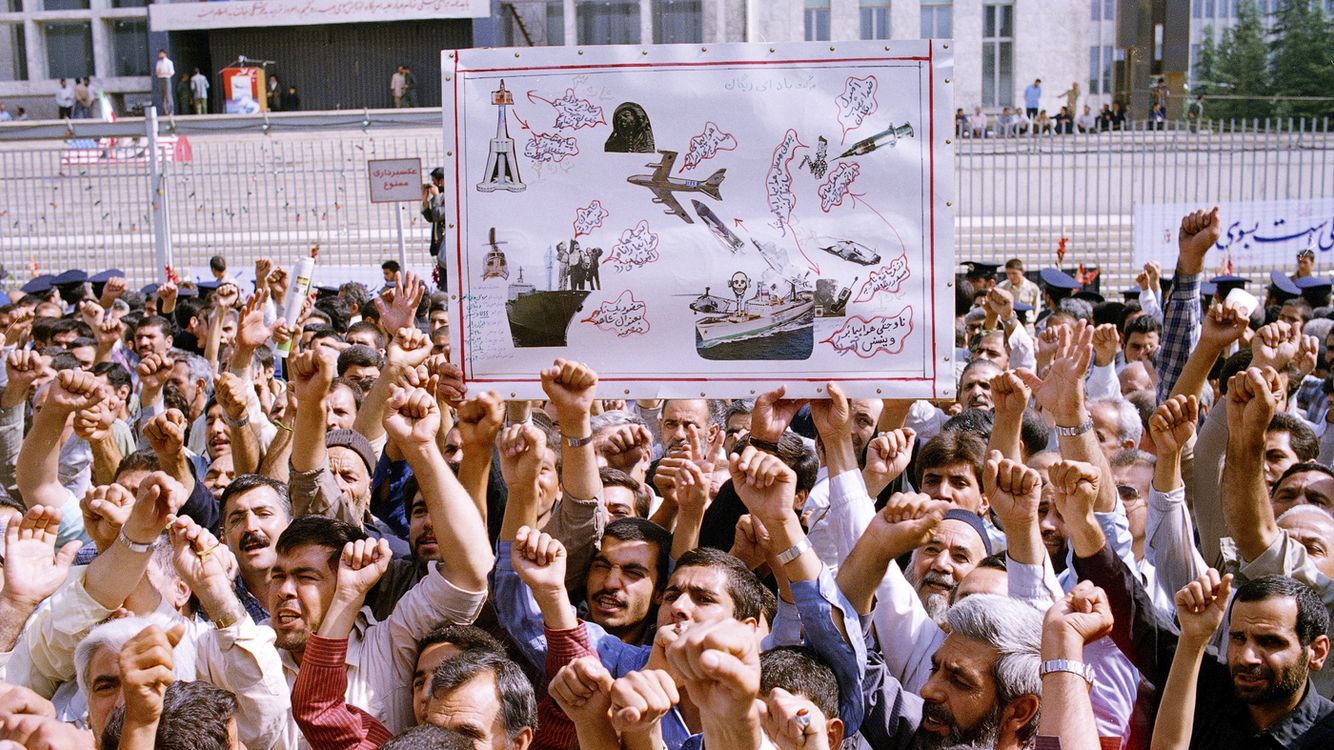
Throughline
Rules Of Engagement
Ep. 20
•
After Iran shot down an American surveillance drone in June, tensions between the two countries have only gone up. But the US and Iran have been in some state of conflict for the last 40 years, since the Iranian revolution. This week, we look at three key moments in this conflict to better understand where it might go next.
More episodes
View all episodes
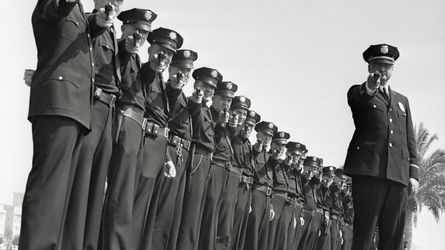
American Police
01:04:29|Black Americans being victimized and killed by the police is an epidemic. A truth many Americans are acknowledging since the murder of George Floyd, as protests have occurred in all fifty states calling for justice on his behalf. But this tension between African American communities and the police has existed for centuries. This week, the origins of American policing and how those origins put violent control of Black Americans at the heart of the system.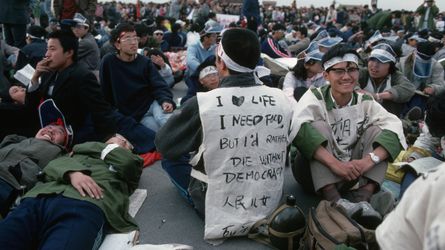
Hong Kong
45:38|Last week, the Chinese government made the latest and perhaps the most serious move yet to crack down on Hong Kong's semi-autonomy. It's just the latest such effort by Beijing in the decades-long tensions between China and Hong Kong and it seems to take advantage of the quarantine calm that has subdued months of protests. But when did these tensions begin and what have Hong Kongers been fighting for?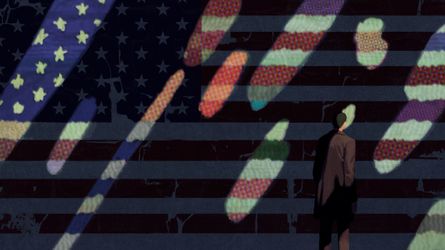
Conspiracy
42:40|Since the beginning of the pandemic, conspiracy theories about the coronavirus have exploded. But conspiracy theories themselves are nothing new - in fact, they're fundamental to American life. In this episode, how conspiracy theories helped to create the U.S. and became the currency of political opportunists.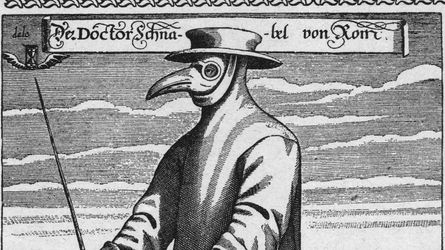
The Mask
41:17|The N95 respirator has become one of the most coveted items in the world, especially by medical professionals. But how did this seemingly simple mask become the lifesaving tool it is today? From bird beaks to wrapping paper to bras, we follow the curious history of one of the most important defenses in our fight against COVID-19.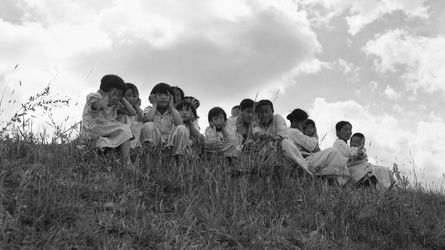
Endless War
36:03|North Korea's famous for being a black box, one of the most secretive and authoritarian countries in the world. It has a nuclear stockpile. A history of erratic behavior. And a particular fixation on antagonizing the outside world — especially the United States. This cycle of antagonism isn't an accident – the U.S. has played a formative role in the history of North Korea. And North Korea's leaders have been invoking that history from the very beginning.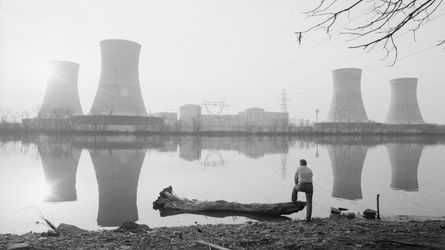
Meltdown
54:47|In the early hours of March 28, 1979, a system malfunction began what would become the worst nuclear accident in American history. What ensued punctured the public's belief in the safety of nuclear energy and became an awful study in the consequences of communication breakdown during a crisis. This week, the fallout of who and what to trust when a catastrophic event occurs.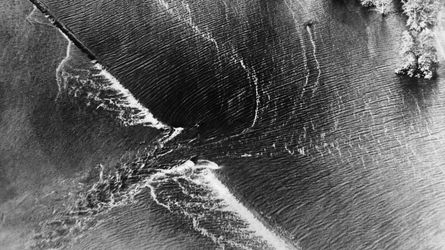
Aftermath
55:43|In 1927, the most destructive river flood in U.S. history inundated seven states, displaced more than half a million people for months, and caused about $1 billion dollars in property damages. And like many national emergencies it exposed a stark question that the country still struggles to answer - what is the political calculus used to decide who bears the ultimate responsibility in a crisis, especially when it comes to the most vulnerable? This week, the Great Mississippi Flood of 1927 and what came after.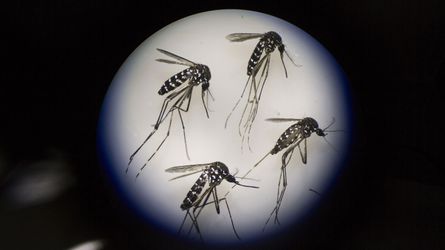
Buzzkill
35:13|In the whole of human history, no predator has killed more of us than the lowly mosquito. And this killing spree, which we still struggle in vain to stop, means the mosquito has been an outsized force in our history — from altering the fate of empires to changing our DNA. This week, three stories of the quiet legacy and the potential future of the mosquito.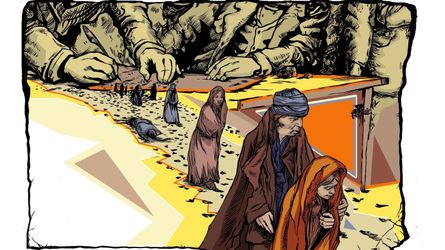
Throughline Presents: Code Switch
32:09|The Principal Chief of Cherokee Nation told his people to stay strong during this pandemic, and to remember how much they've endured over a long history that includes the Trail of Tears. This week, we share an episode from Code Switch that takes a look at an almost 200-year-old Cherokee family feud, the right to representation and what both things have to do with the Trail of Tears.